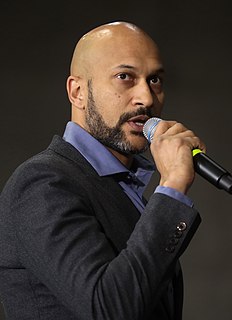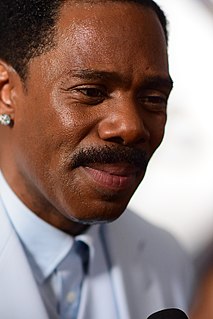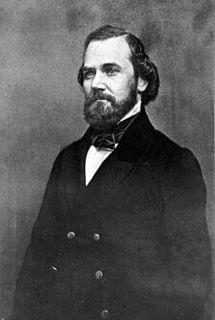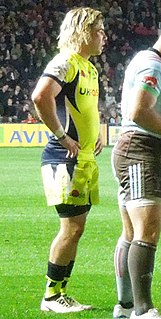A Quote by Keegan-Michael Key
There's a very famous South African playwright named Athol Fugard, and I'd be in any play he's ever did.
Quote Topics
Related Quotes
A number of African countries came to us and said, we request that South Africa should not field a candidate, because so many other African countries wanted to, and, in any case, South Africa would continue to play a role in terms of building the African Union, and so on. And they actually said, please don't field a candidate, and we didn't. As I have said, it is not because we didn't have people who are competent to serve in these positions.
We do not have a South African as a member of the African Commission. The President of the Commission comes from Mali, the Deputy comes from Rwanda and then we have got all these other members, ordinary commissioners. There is no South African there. And the reason, again, for that is not because we didn't have South Africans who are competent.
At the outset, I want to say that the suggestion that the struggle in South Africa is under the influence of foreigners or communists is wholly incorrect. I have done whatever I did because of my experience in South Africa and my own proudly felt African background, and not because of what any outsider might have said.


































